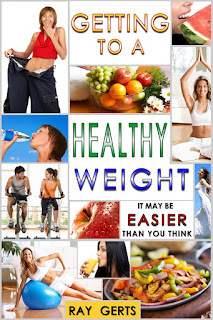The Fat-Free Food List For Weight Loss

Have you ever wondered what you can eat on a fat-free diet? I like fat-free meals for losing weight. But you need to remember that sugar doesn't have any fat. Some fat-free foods are loaded with sugar and sodium to give them flavor. If you're truly going to lose your fat, you should eat fresh foods. And be careful what you drink. Drinks can be half of a persons daily calorie intake. If you already have a weight problem, it can be much harder to lose your fat because you might have health problems that you're unaware of like high blood pressure due to too much sodium or water retention or a slow metabolism. Read the blog post below from VeryWell.com and it might give you a few ideas to help your diet. I lost my body fat with a fat-free diet. I had a lot of weight to lose, but no matter how much I lost, I was still fat. It wasn't until I read about how the body burns fat that I realized that if I different eat animal fat my body would burn my body fat to create energ




